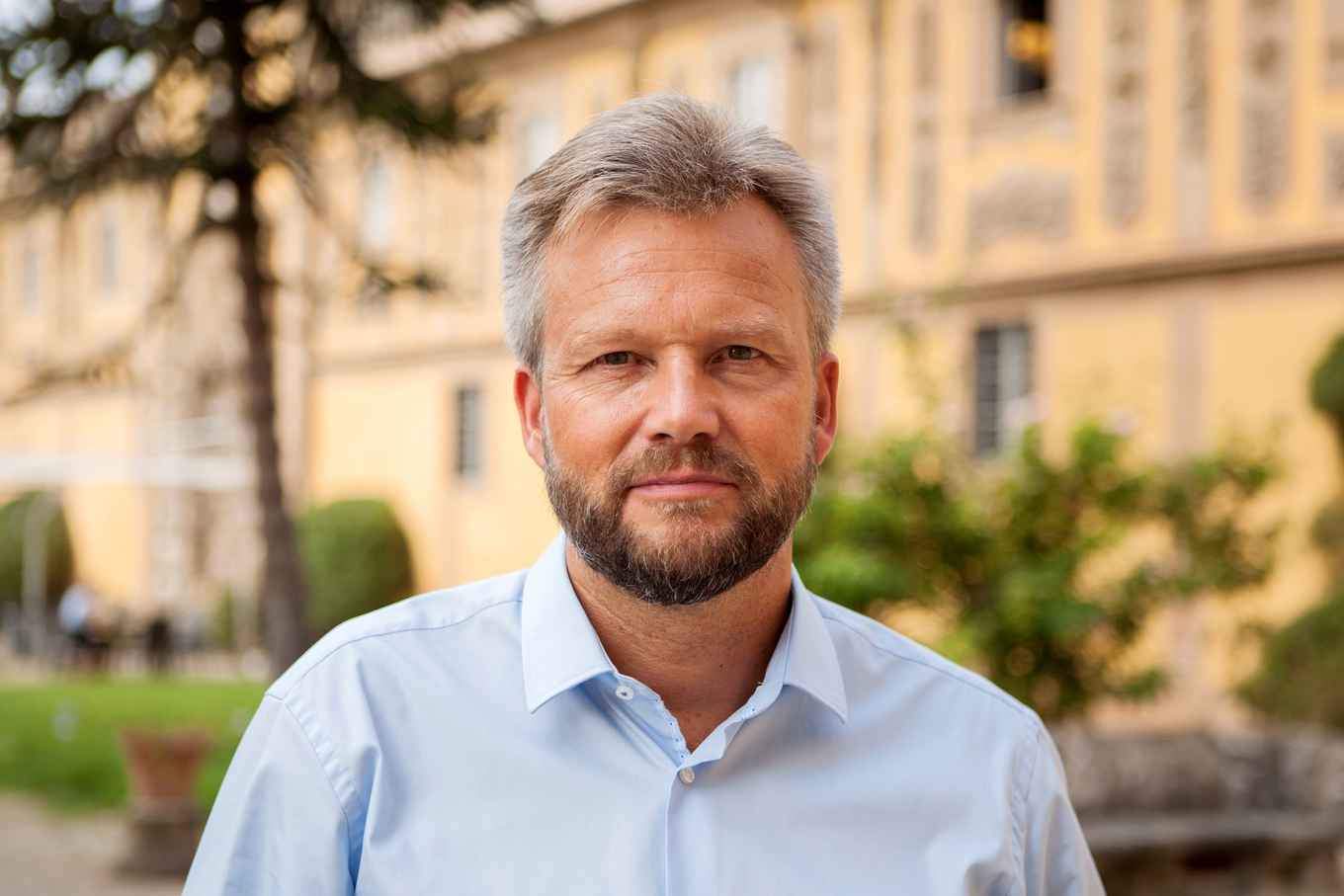ACT Book Symposium: ‘Justifying contract in Europe: political philosophies of European contract law’ (CUP 2021), by Prof. Martijn Hesselink
- Date
- 30 September 2021
- Time
- 14:00 -17:30

Speakers
Laura Burgers (UVA), Gareth Davies (VU), Iris van Domselaar (UvA), Christina Eckes (UVA), Aukje van Hoek (UVA), Ivana Isailovic (UVA), Jeroen Kortmann (UvA), Candida Leone (UVA); Floris de Witte (LSE)
Biography
Martijn Hesselink has been appointed Professor of Transnational Law and Theory at the EUI from September 2019.
Prior to joining the EUI, he was Professor of European Private Law at the University of Amsterdam, where he was also the founding Director of the Centre for the Study of European Contract Law. Professor Hesselink is an editor of the European Review of Contract Law. He served as a member of the European Commission's expert group on European contract law and wrote numerous studies, reports and briefing notes on matters of contract law and consumer law for the Legal Affairs Committee of the European Parliament. Professor Hesselink has been a visiting professor or fellow at several universities, including René Descartes (Paris V), Roma Tre, Católica Global School of Law (Lisbon), Panthéon-Sorbonne (Paris I), Sciences Po (Paris), Columbia Law School (New York), and the Institute for European and Comparative Law (Oxford).
Research Interests
- European private law
- Private law theory
- Transnational law, justice and democracy
Current Research Projects
- The political philosophy of European contract law. The project addresses fundamental normative questions of European contract law from the perspectives of leading contemporary political theories.
- Private law and democracy. The project explores the relationship between democracy and private law. Does private law require a democratic basis? Or does perhaps private autonomy suffice to compensate for any lack of public autonomy? If a legitimate private law must be democratic, what would this entail? And given the wide territorial scope of application of most private law rules (via private international law), who should be considered the relevant polity?
- Private law as an agent of transnational injustice. The project critically examines the role private law plays as an agent of injustice in a globalizing word. The focus is, in particular, on transnational relationships of exploitation and domination.